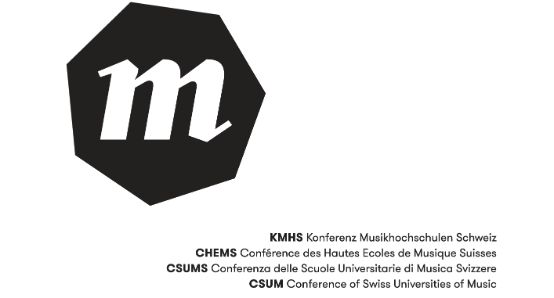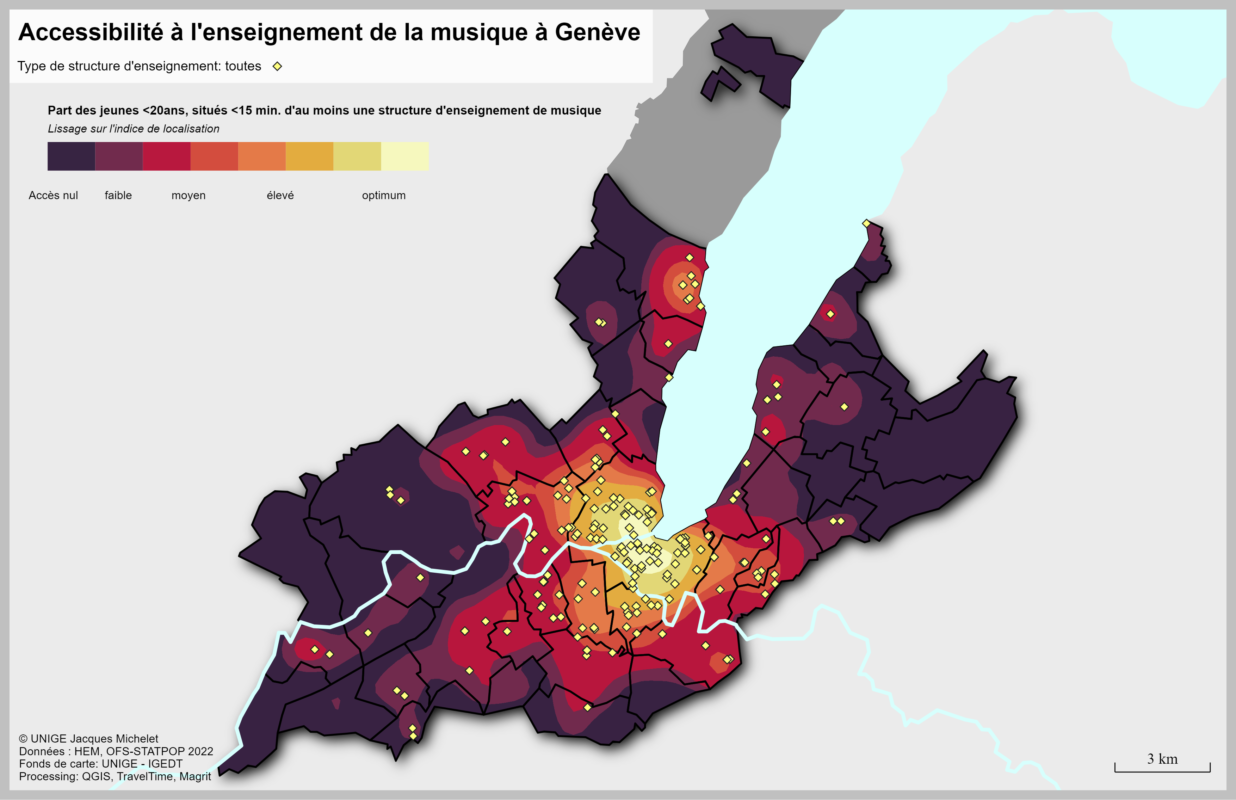Focus SionInterview with Etienne Lin

The HEMU Site de Sion is part of a tradition of excellence in professional string teaching in the Valais. Since 2016, Aurélien D'Andrès has been the director of the HEMU Site de Sion. A conversation with him and a portrait of the Sion school.
Matthias von Orelli - The HEMU Site de Sion is part of a tradition of excellence in professional string teaching in the Valais. This tradition is a direct legacy of the major musical contribution of Hungarian violinist Tibor Varga, who was active in Valais from the 1960s until his death in 2003. After creating a summer academy in 1963, a summer festival in 1964 and an international violin competition in 1967, he decided in 1988 to open an independent year-round school in Sion, whose name would evolve over time to become the Conservatoire Supérieur Tibor Varga. At the time of the creation of the Hautes Ecoles de Musique (HEM) in Switzerland, in 2008, the provisions made at federal level foresaw the creation of only two HEMs in French-speaking Switzerland, within the HES-SO, thus jeopardizing the continuity of professional music teaching in the Valais. Anxious to preserve the artistic and pedagogical tradition developed in the second half of the 20th century, and to continue training professional musicians of the highest calibre in Valais, the cantonal authorities initiated negotiations with the canton of Vaud to agree the integration of the Conservatoire Supérieur Tibor Varga into the Haute Ecole de Musique de Lausanne. A similar move was made by the canton of Fribourg at the same time, and the 3 cantons agreed on the creation of an intercantonal music academy, signing the agreements that would lay the foundations for the birth of the HEMU Vaud-Valais-Fribourg. The Conservatoire Supérieur Tibor Varga thus gave way to the HEMU Site de Sion.
Today, the HEMU Site de Sion continues to assert itself as a center of excellence in string teaching, and can count on a faculty of the highest calibre to prepare its 60 Bachelor and Master students for a fulfilling career as performer and/or teacher. Collaborations continue to develop with the Tibor Varga Summer Academy, the Tibor Varga International Competition and the Sion Festival, as well as with numerous other artistic partners in Valais, Switzerland and abroad.
Mr. Director Aurélien D'Andrès, thank you for taking the time to grant us this interview. How would you characterize the Sion site within the HEMU Vaud-Valais-Fribourg?
The HEMU is an institution that spans 3 cantons with very different identities and challenges. The challenge for the Sion site is to actively participate in the creation and development of a global institutional project, while maintaining a direct link with the Valais region, its specific characteristics, expectations and potential.
The entire structure of the HEMU was recently redesigned. What impact has this had on the Sion site?
Any measure that affects governance inevitably has an impact on the entire institution. We sense a desire to change the corporate culture towards a more participative approach. The implementation of this culture requires greater student involvement in the life of the school. Concrete measures such as the recent organization of the PulSion Winter Festival bear witness to the form this can take.
You have a deep musical background. Could you briefly describe your professional life?
From a strictly musical point of view, I come from an amateur background (I hold a higher piano certificate and a violin certificate from the Conservatoire Can-tonal de Sion), an incredibly rich milieu in Valais, and I therefore consider myself more of a music lover than a musician. After a dual training as an EPFL engineer and cultural manager, my career path then led me to successively manage the Camerata de Lausanne, the Théâtre Le Baladin de Savièse and now the HEMU Site de Sion. I am currently developing my leadership skills by completing an Executive MBA at HEC Paris.
What do you think of the music scene in Switzerland, and particularly in the canton of Valais?
We are extremely fortunate in Switzerland: the musical offering is rich and the standard of quality very high. The presence of first-rate music colleges is no stranger to this. Valais, for its part, has a very strong relationship with music. The lack of suitable infrastructure has long limited the development of classical music outside the rich summer festival season, but the imminent construction of a concert hall in Sion and other projects in the canton should soon help us to give our events the scope they deserve.
In the context of Swiss music colleges, the question of the country's position within Europe is constantly being raised. In Valais, too, borders with neighboring countries are close - how do you perceive this situation?
Although bounded by high, majestic mountains, the Valais is a land of openness. We enjoy excellent day-to-day relations with our neighbors in Vaud, Bern, Ticino, Uri, Italy and France, and the tourist culture that is part of our DNA makes us a natural choice for hospitality and exchange. Turning in on ourselves has never been an option, and I'd be very surprised if it ever were in the future.
How is music promotion perceived in the canton of Valais?
All in all, a good thing, given that the Valais is a region that breathes music. However, the artistic, educational, tourist, economic and political communities would do well to better coordinate their efforts to make the most of the incredible general dynamism currently driving the canton.
The Valais is an Alpine and tourist canton - does this have an impact on your day-to-day work?
Absolutely. Above all, it's a question of shared values. The mountain dweller is a tireless worker who respects his environment and his roots. Tourists are curious and seek to share, discover, experience, surprise, delight and enjoy. All this sums up what we want our students to achieve in their daily musical practice.
Finally, a very simple question (or not!): what music do you enjoy listening to the most?
Silence, provided it is immediately preceded or followed by something beautiful.
Of French origin, Etienne Lin is currently studying at the HEMU Site de Sion in Tatjana Masurenko's viola class, in the 1st year of a concert-oriented Master's degree in Interpretation, having also completed his Bachelor's degree in Sion.
Etienne Lin, what does the Valais mean to you? And especially Sion as a place to study?








